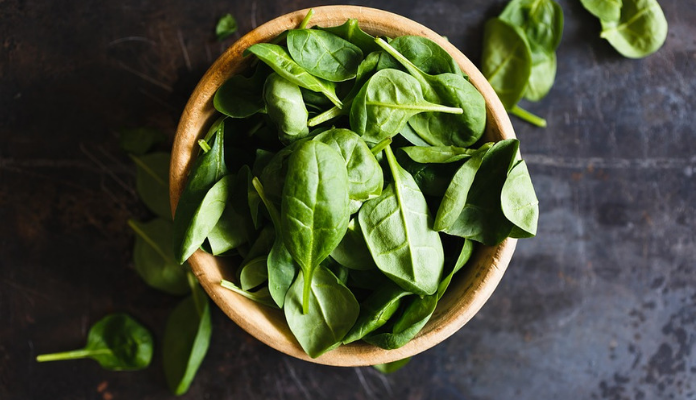Health Benefits Of Basil
Basil, also known as Tulsi has been cultivated in India since 500 years. These leaves are commonly used in ayurvedic medicines to enhance immunity and metabolic function. It is also used in the management of various respiratory problems. Keeping in mind all the immense health benefits of the basil leaves and seeds, it is wise to include them in your regular diet.
The antioxidants present in basil help to protect the heart from the harmful effect of free radicals. It also helps to maintain blood pressure
Health Benefits
Strengthens The Immune System
The consumption of basil leaves in the morning on an empty stomach reduces symptoms of cough, cold and fever. This is because of its antibacterial and antibiotic properties. Basil also has a quality of curing fever caused due to infections and even malaria. The leaves boded with tea or water, together with cardamom powder helps to bring down body temperature, real fast.
Basil is also used in various ayurvedic cough syrups. A tulsi honey-ginger concoction also helps to cure bronchitis. asthma and influenza. And apart from fever, cough and cold. basil can inhibit several pathogenic bacteria which become resistant to antibiotic drugs.
Healing Properties
Basil has natural anti-inflammatory properties and provides healing benefits in inflammatory diseases like rheumatoid arthritis or inflammatory bowel syndrome.
Heart Health
Antioxidants like eugenol, vitamin A and vitamin C present in basil leaves, help to combat heart diseases. The antioxidants help to protect the heart from the harmful effect of free radicals. It also helps to maintain blood pressure.
Controls Sugar Levels
Research showed that basil also has a hypoglycaemic effect. A study was done on forty type 2 diabetes patients. During this trial, subjects received two and a half grams tulsi leaves powder for two weeks and placebo for another two weeks. The result showed a considerable reduction in blood glucose levels with tulsi leaves.
Helps To Remove Kidney Stones
Basil is used widely in ayurvedic medicines to remove kidney stones. It helps prevent the formation of calcium oxalate stones in the kidney. Basil also helps in the reduction of uric acid levels, which is one of the main components of kidney stones. Drinking tulsi juice along with honey for six months helps to expel calcium oxalate stones from the kidney via the urinary tract. The acetic acid and essential oils present in basil also helps to dissolve the stone and reduce the pain caused by it.
Reduces Stomach Problems
Basil also reduces various stomach related problems like acidity, flatulence constipation etc. A concoction of basil leaves, ginger, honey and salt is ingested for two weeks to overcome acute acidity. Basil also helps to cure warm infestations in the stomach. The leaves also fight against diarrhoea caused by the shigella bacteria.
Good For The Skin
Basil helps purify the blood and its antibacterial and antifungal effect helps to fight acne and pimples, thereby improving the quality of the skin.
Basil Seeds
Basil seeds are also known as Sabja seeds which is said to be the Indian counterpart of chia seeds. The basil seeds are a very rich source of fibre and have various health benefits. These seeds have to be soaked in water for 15-20 minutes or until they swell up. They can be consumed with water, coconut water, juices or with any desserts as thickeners.
Advantages
Helps To Reduce Body Heat – The Sabja seeds helps to cool the body. This is why they are consumed in the summers and during Ramadan fasting.
Helps In Weight Loss – These seeds are a very good source of soluble fibre therefore, it fills the stomach for a longer period of time reducing hunger pangs. If someone is trying to reduce weight, it is advised to include Sabla seeds in the regular diet and between meals, so that the tendency to indulge in high calorie snacks ¡s reduced.
Helps In Diabetes – Due to the high fibre levels in basil seeds, it helps to control sugar levels of diabetics. Good For Skin – The presence of alpha linolenic acid in Sabla seeds ¡s proven to be beneficial for the skin.
Controls Cholesterol Levels – The linolenic acid present in these seeds also helps to reduce cholesterol levels, thereby lowering the risk of heart diseases.
